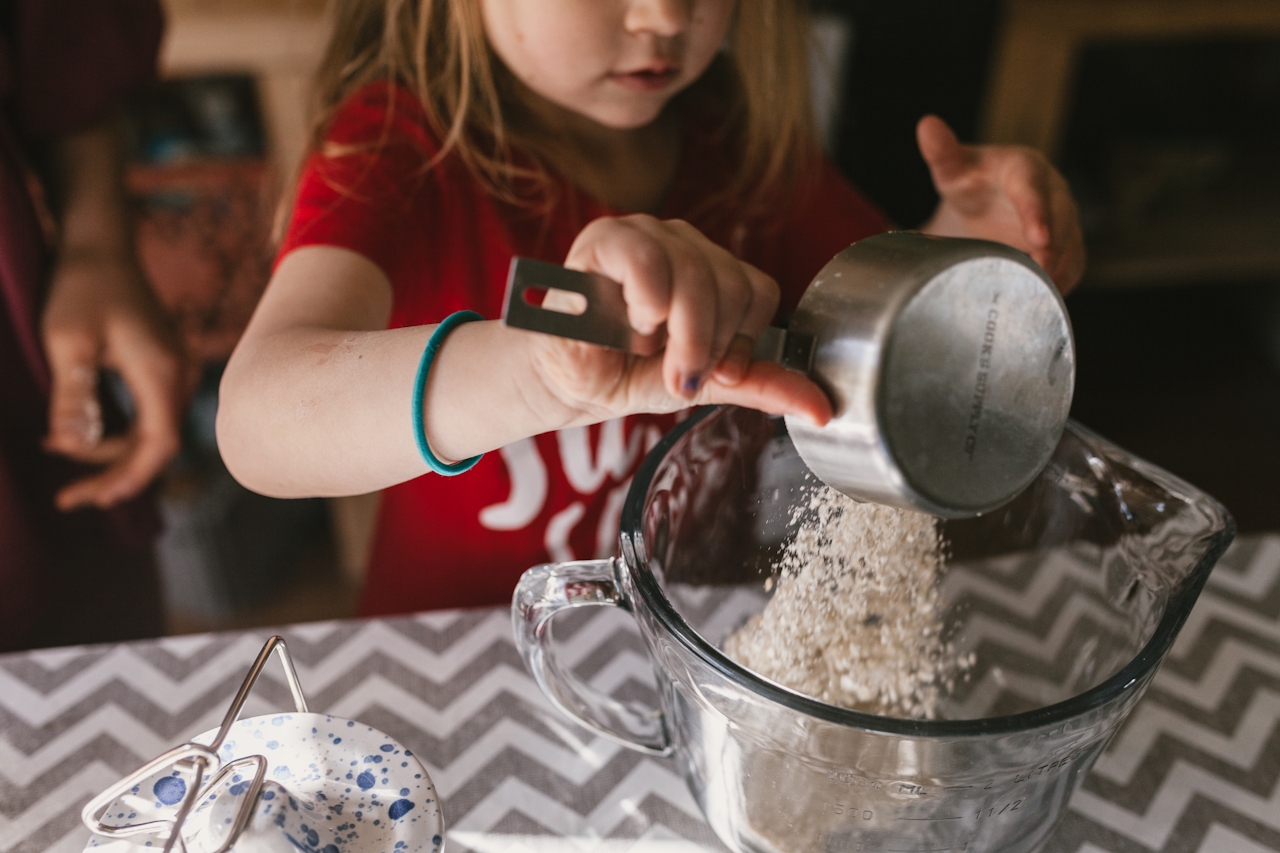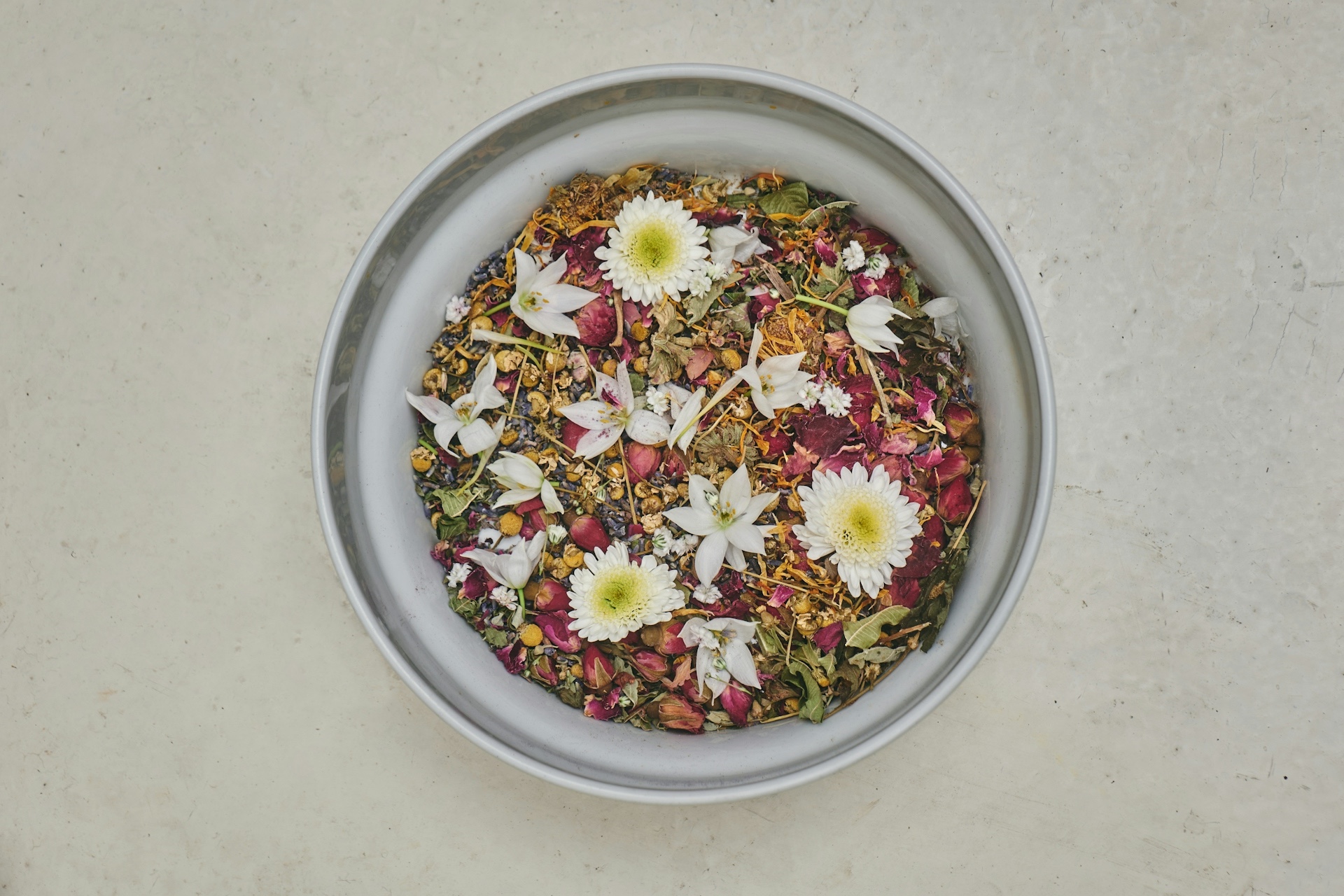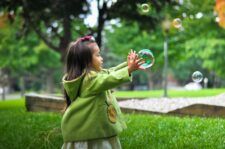With the new school term approaching, parents are considering how they can help their children be their best this year–feeling confident, self-possessed, healthy, and clear-minded. They want their child to perform academically but are also sensitive to other areas that enrich a youngster’s life, including physical activity, healthy social engagement, body awareness, mental health, and more. Whether they’re going into 3rd grade or are seniors in high school, we don’t want to feel like we are missing anything.
Supporting children’s well-being with a holistic approach takes thought and planning. Here are some strategies that might help you get behind your kids this year. Frankly, they are some good ideas for all of us!
Nutrition
We all know that changing eating habits is often one of the hardest things, and getting the rest of the family on board isn’t always easy. Here are some basic guidelines for supporting nutritional health.
Remember: 80% is perfection. These suggestions don’t have to be rigid, but here are some goals to shoot for:
- Whole Foods: Help see that your kids eat balanced meals with plenty of fruits, vegetables, whole grains, and lean proteins. Limit processed foods and sugars, which can affect mood and concentration.
- Foods rich in Omega-3 Fatty Acids: Incorporate foods rich in omega-3s, such as fatty fish, flaxseeds, and walnuts, which are known to support brain health.
- Hydration: Super important! Encourage regular water intake throughout the day to keep their minds sharp and bodies energized. Pro-tip: Sometimes, seltzer can make all the difference between resistance and interest in staying hydrated.
Consistent Sleep Routine
- Age-Appropriate Sleep: Ensure that you and the kids are getting the right amount of sleep for their age (9-12 hours for younger children and 8-10 hours for teens). Consistent bedtime routines also help them wind down. If sleep is a challenge, check out this video with Matthew Walker.
- The 3-2-1 Rule!: A patient recently told me about how they used this for a couple of weeks and what a difference it made. Aim for:
- 3 hours between the last meal and bedtime
- 2 hours between the last drink and bedtime
- 1 hour between electronic devices and bedtime
Mindfulness and Stress Management
Introduce simple breathing exercises or mindfulness practices. Even 5-10 minutes a day can help youngsters manage stress and improve focus. Dan Harris’s 10 Percent Happier is a great app and has material just for kids.
Physical Activity
- Daily Exercise: Kids thrive when they get at least 30 minutes of physical activity every day. In addition to the physical benefits, it increases body awareness and self-esteem. This can include family walks, sports, or even yoga, which can help focus, mood, and physical health. Especially with the allure of electronic devices, exercise can easily get lost in the mix. Needless to say, this is a game-changer for many of my patients – young and old – who have leaned into more sedentary lifestyles since the pandemic.
Academic and Social Support
- Study Routines: Help them establish a study routine that includes sensible breaks. The best way to do this may be to model it by incorporating breaks into your own work routine.
- Open Communication: Create an environment where your kids feel comfortable expressing their worries about school, friends, or world events. Regular catch-ups can help them process these topics and reduce feelings of overwhelm.
Limiting Social Media Exposure
- Guided Use: Set limits on social media use, and keep an eye on content to ensure it’s age-appropriate. Encourage them to engage in activities that don’t involve screens, like reading or hobbies.
- Digital Detox: SO much easier said than done, but consider a weekly “digital detox” where the family (you too!) disconnects from devices for a day or even just an evening to focus on in-person interactions. Keeping devices away at dinner time definitely lands here!
Boosting Self-Worth and Reducing Self-Criticism
- Positive Affirmations: These can seem contrived at first, but we can all benefit from practicing positive affirmations. Teach the young ones to recognize and challenge negative self-talk.
- Celebrate Effort: Focus on acknowledging their effort rather than just outcomes. This helps them build resilience and self-confidence. It can also help them enjoy what they’re doing a bit more.

Addressing Attention Concerns Naturally
- Structured Environment: Some of us are naturally more structured in our habits than others. Try to create an organized home environment to help them focus better. Think creatively to make visual schedules and checklists to keep track of activities, tasks, and other events.
- Natural Supplements: Exploring natural supplements and herbal remedies can be a core part of healthy living, but also a way to empower kids to understand how the stuff inside their bodies works. We’ll get a little more into this next.
- Behavioral Strategies: Sometimes, working with a behavioral therapist to develop strategies can help manage attention and focus without medication.
Natural Supplements
Vitamins, herbs, and supplements can be a great way to support children’s health and well-being naturally. Most kids are well nourished and don’t need fistfuls of vitamins every day, but everything from physical activity to mental stress can have an effect on their health and well-being, just like for us. Here are some options that the parents can consider. Of course, if you have any questions – especially with dosage – it is always good to check in with a healthcare provider.
Vitamins and Minerals
- Omega-3 Fatty Acids (Fish Oil or Algal Oil) Support brain health, cognitive function, and mood regulation.
- Magnesium Can help with relaxation, sleep, and managing stress or anxiety.
- Vitamin D Supports immune function, mood regulation, and overall health. (especially during winter months or if sunlight exposure is limited).
- B Vitamins Support energy production, brain health, and mood regulation.
- Zinc Supports immune function, attention, and cognitive health.
Herbal Remedies
- Chamomile Calms, helps with sleep, and reduces anxiety.
- Lemon Balm Reduces anxiety, improves mood, and supports cognitive function.
- Rhodiola Rosea An “adaptogen” that helps with stress, fatigue, and mental function.
- Ashwagandha Can help manage stress and anxiety and supports overall well-being.
- Rescue Remedy (Bach Flower Remedies): A safe blend of flower essences that helps with stress, anxiety, and emotional upset.
Probiotics
Primarily supports gut health, which is linked to overall well-being, including mood and immune function. They are available in capsules and powders but are also found in fermented foods like yogurt, sauerkraut, and kefir.
General Tips for Using Supplements
- Consult a Professional: It is always a good idea to consult with a healthcare provider, especially when introducing new supplements to children, to ensure safety and appropriate dosing.
- Start Slow: Introduce one supplement at a time to observe how it affects the child.
- Quality Matters: Choose high-quality supplements from reputable brands. When it comes to herbs, vitamins, and supplements, you get what you pay for.
When used alongside smart lifestyle choices, natural supplementation can support children’s mental, emotional, and physical health as they navigate the school year’s challenges.

When to Seek Help
A consultation with a therapist or psychiatrist can be a valuable part of a comprehensive approach to your children’s well-being. Some situations where it might be a good idea to seek professional help include:
- worsening attention, focus, or mood
- changes in daily functioning like academic performance and sleep
- disturbances in social relationships
A consultation with a therapist doesn’t mean a commitment to medication; it’s an opportunity to get expert advice and explore all available options. Integrating this with your natural approach can provide a well-rounded plan to support your children’s mental health and well-being.
Don’t forget about you!
Taking care of yourself is not only important for your own well-being but also to model healthy behaviors for your children. Prioritizing your own health through
- Nutrition
- Regular exercise
- Stress management
The other suggestions above can benefit you and, when shared appropriately with your child, help equip kids with tools and habits to be their best.
How we can help
Traditional Chinese Medicine offers a variety of holistic approaches that can support the health and well-being of parents and children. Of course, kids aren’t always crazy about the idea of needles, but we have many ways that we can support their physical, mental, and emotional health.
- Acupuncture can help with anxiety, stress, sleep disturbances, attention issues, and overall energy balance. It’s great for everything from nervous tummies to scraped knees.
- Shonishin (Pediatric Acupuncture without Needles) is a Japanese pediatric technique that uses gentle tapping, rubbing, and pressing on acupuncture points with small, rounded tools instead of needles. It doesn’t penetrate the skin and can be thought of as a kind of acupressure.
- Tui Na is a therapeutic massage technique that helps with muscle tension, anxiety, digestive issues, sleep problems, and much more. It’s non-invasive and kids tend to love it.
- Moxibustion involves burning a herb called mugwort near specific acupuncture points to warm and stimulate the body’s energy. It doesn’t burn the skin, and it feels great! It’s particularly helpful for boosting immunity, improving digestion, and relieving tension.
- Chinese Herbal Medicine can address a range of issues, including anxiety, digestive problems, low immunity, and sleep disturbances. Herbal formulas for kids, like for adults, are tailored to each child’s unique needs.
At Yinova, we work with children of all ages and make East Asian medicine an engaging experience that meets them where they are. If you have any questions about whether we can help your family members feel and perform their best — naturally, effectively, and safely — reach out to us anytime!
In the meantime, there is a wealth of good information available online. One place to start is here at Healthline, where you can find a range of articles on ways to get your kids (and yourself) off to a great start.






